COVID-19, like climate change, is a complex social problem that will require social scientific knowledge to understand its full and lasting impact impact.
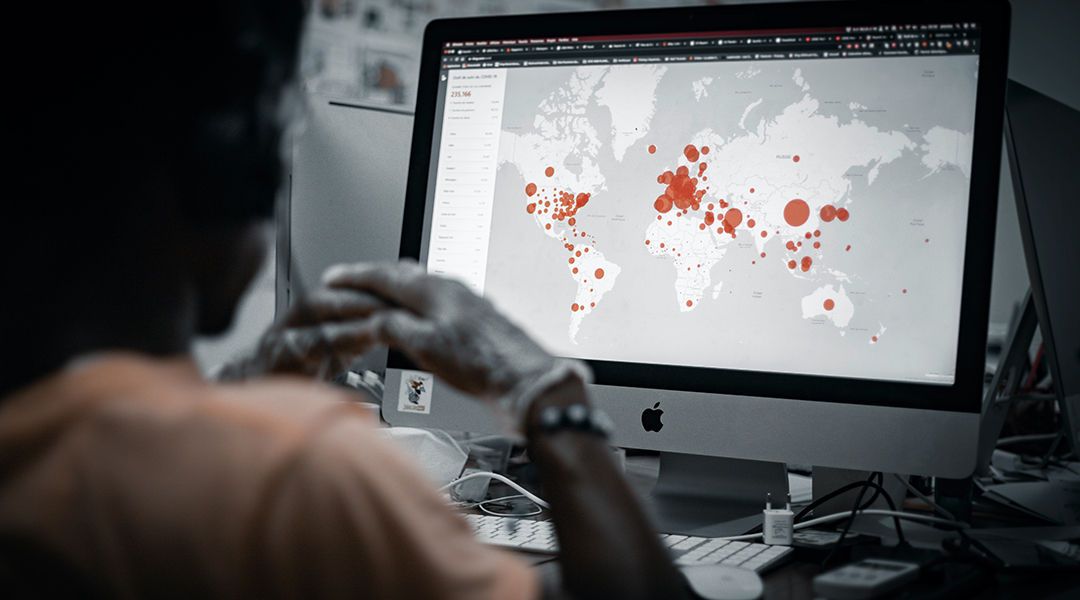

COVID-19, like climate change, is a complex social problem that will require social scientific knowledge to understand its full and lasting impact impact.

Millimeter-scale robots were shown to mimic the movement and behavior of living insects for advanced materials science, biological, and biomedical applications.
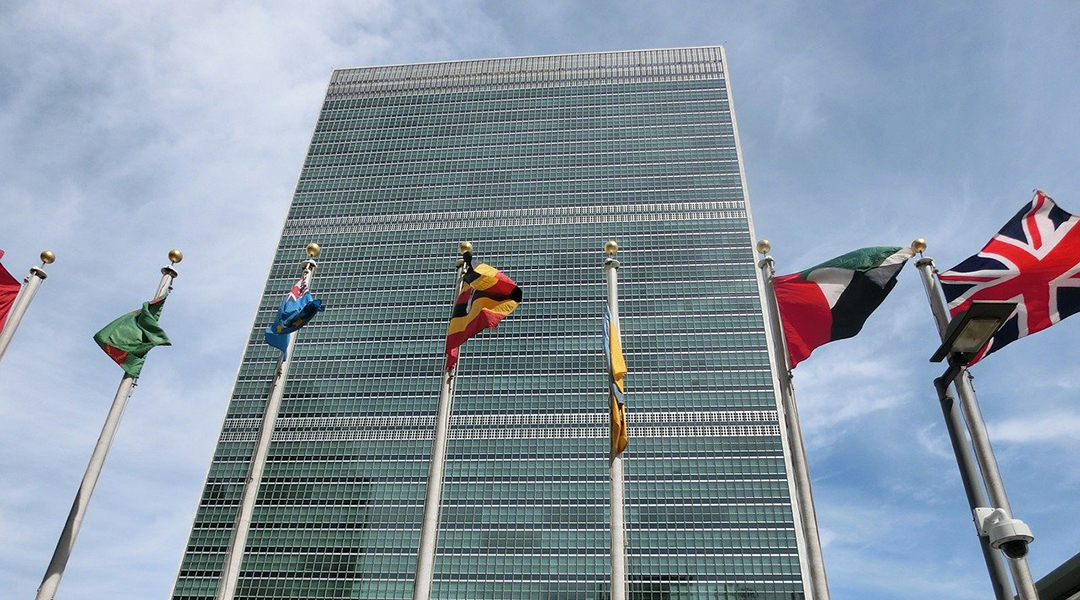
If governments take advantage of the ever-falling price tag of renewables to put clean energy at the heart of COVID-19 economic recovery, they can take a big step towards a healthy world, which is the best insurance policy against global pandemics.

Post Fukushima, Japan’s energy network has expanded dramatically to include thousands of small renewable power companies which create many small solar, wind, biomass, and geothermal plants.
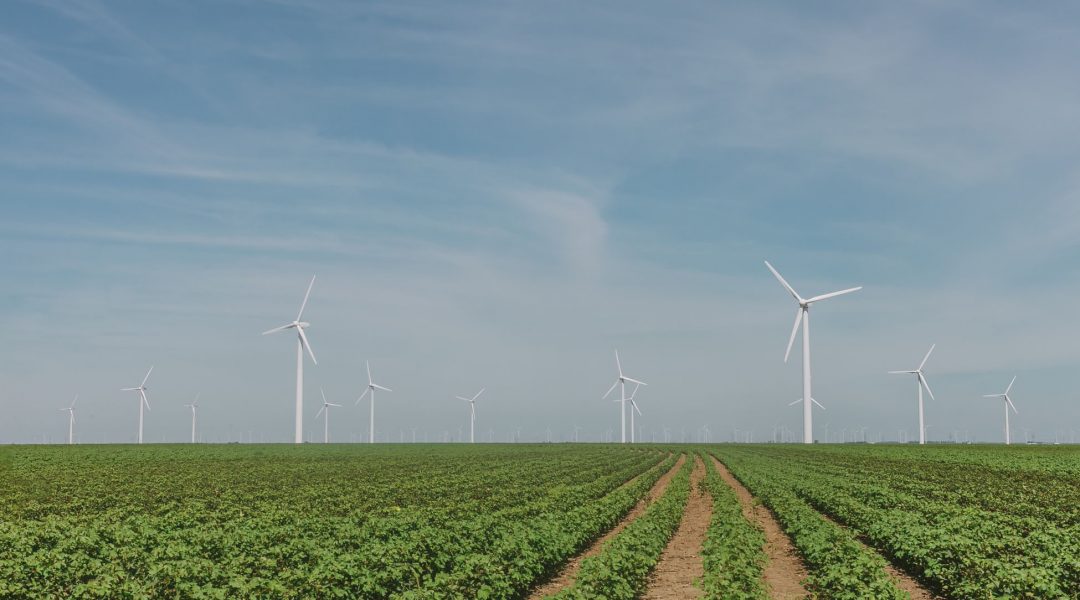
Implementing fully-inverter-based power systems on a large scale may be possible using wind and solar power.
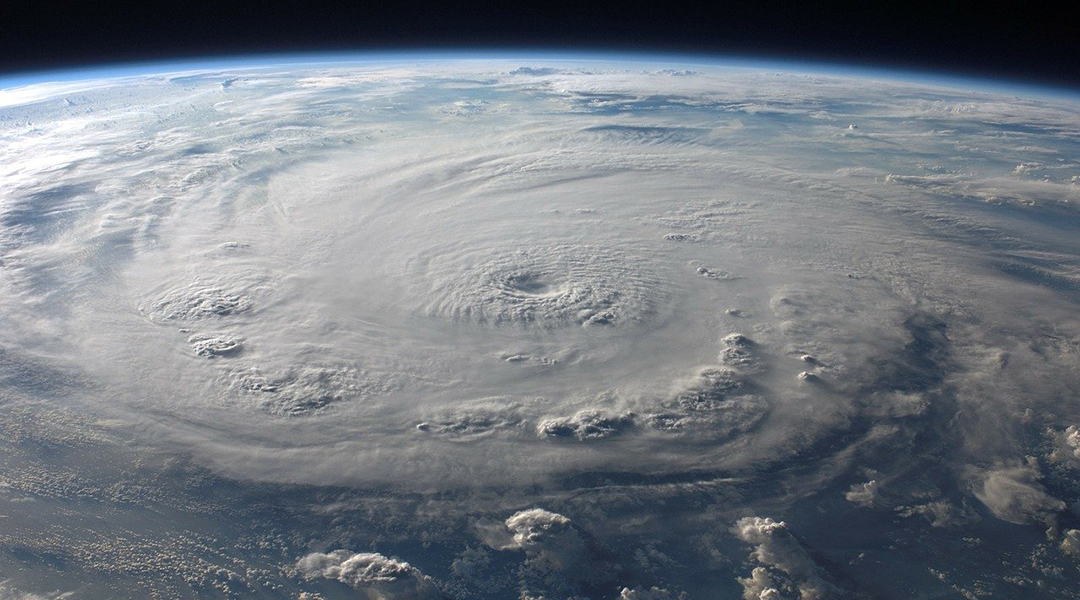
Scientists model the effects of spraying aerosols into the stratosphere and discover some unintended consequences.
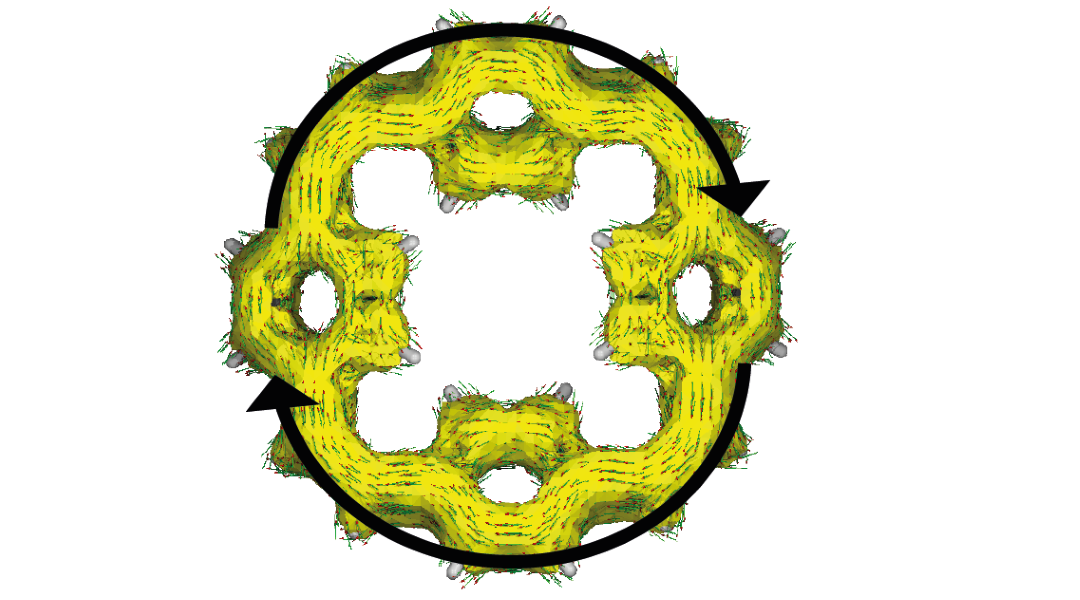
Researchers have created a fast-charging battery prototype that uses sodium instead of lithium, and macrocycles to store the chemical energy.

Unlocking the secrets of Pisolithus arhizus, which acts as an island of biodiversity in a barren thermal wasteland.

Cutting-edge fluorine-19 imaging of inflammation extends the frontiers of MRI.

A bio-inspired addition to concrete stops the damage caused by freezing and thawing.